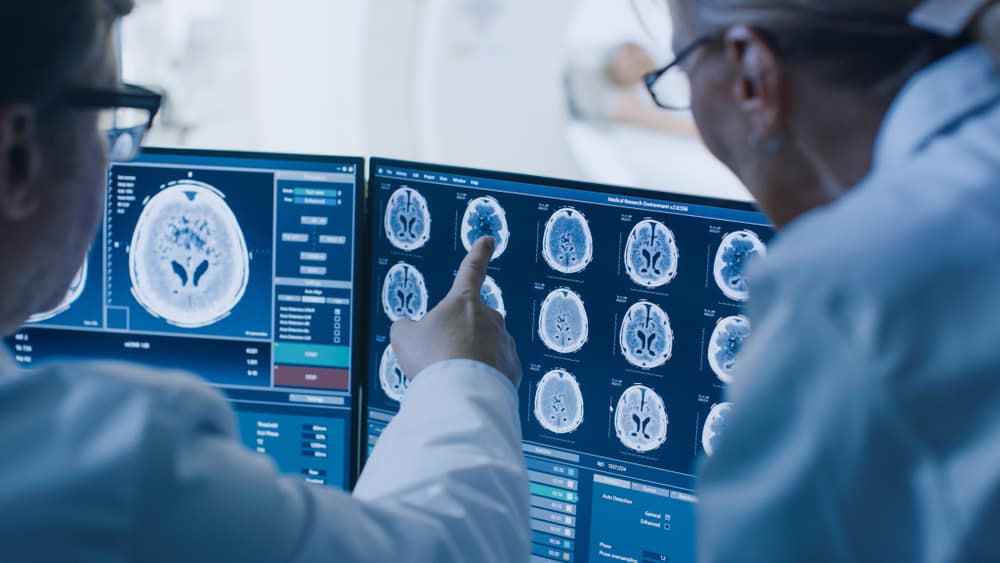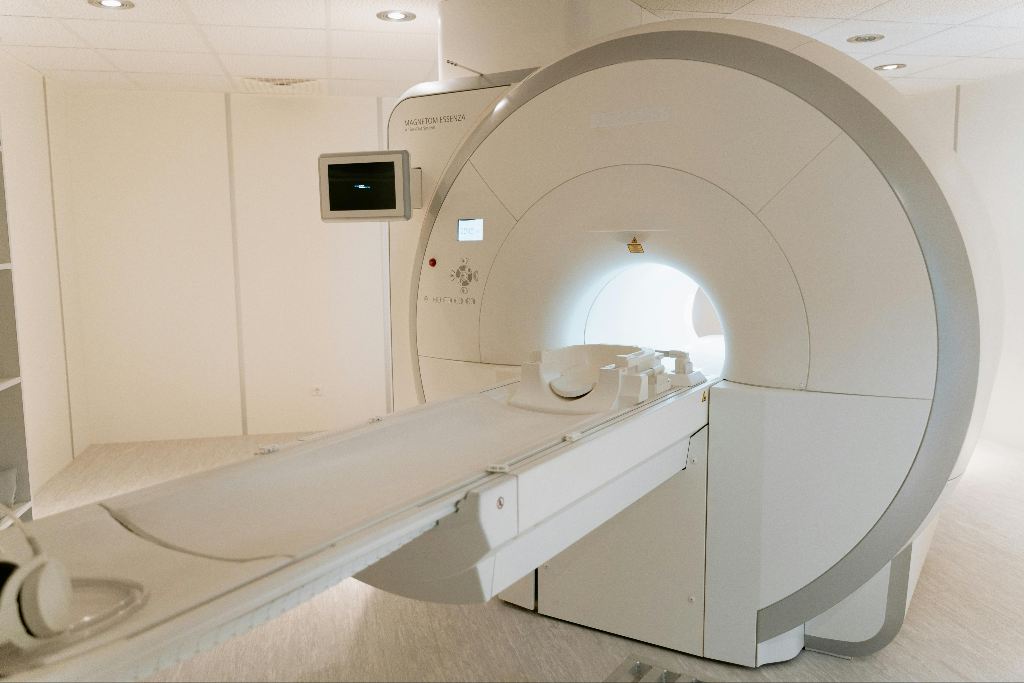Tras un accidente de coche, puedes estar tan preocupado por los abogados, las compañías de seguros y las facturas que ni siquiera te das cuenta de que los dolores de cabeza se han convertido en algo habitual. Si los primeros intervinientes en el lugar del accidente te dieron el alta, puede ser fácil considerarlos dolores de cabeza relacionados con el estrés. Sin embargo, las lesiones cerebrales traumáticas son frecuentes tras un accidente, y los dolores de cabeza pueden ser uno de los primeros síntomas. Una visita a una clínica para una resonancia magnética en Atlanta es siempre una buena idea para descartar conmociones cerebrales u otras afecciones graves. Pero, ¿cómo puede ayudarte una resonancia magnética a reconocer lesiones cerebrales?
Señales de advertencia de una lesión cerebral
Comúnmente denominada LCT, una lesión cerebral traumática suele producirse cuando experimentas un golpe violento en la cabeza, y también puede implicar la penetración en el tejido cerebral. Durante un accidente de coche, la cabeza suele golpearse contra una superficie dura, lo que puede causar un TCE. El movimiento violento que causa el latigazo cervical también puede provocar conmociones cerebrales cuando el cerebro es zarandeado de modo que golpea contra el cráneo. Las lesiones cerebrales leves pueden producir efectos temporales en las células cerebrales, mientras que los casos más graves pueden causar hematomas, hemorragias y otros daños físicos que provocan lesiones cerebrales físicas.
Si existe la más mínima posibilidad de que hayas sufrido una lesión cerebral, debes buscar atención médica rápidamente. Puede que los síntomas no aparezcan hasta pasados unos días del accidente y que se presenten en pequeñas ráfagas, pero aun así merece la pena comprobarlos. Los síntomas más comunes son dolores de cabeza, náuseas y vómitos, o fatiga. Además de síntomas más físicos como éstos, puedes notar cambios cognitivos si te has lesionado el cerebro. La falta de memoria o la incapacidad para concentrarse son frecuentes, así como la dificultad para hablar o la confusión sobre la fecha y la hora.
¿Por qué elegir una resonancia magnética?
Aunque hablarás de los síntomas con tu médico como parte del diagnóstico, una de las mejores formas de determinar la información pronóstica de una lesión cerebral es realizar una RMN, o resonancia magnética. Este procedimiento permite a los médicos recibir una imagen clara del cerebro y localizar con precisión cualquier daño potencial. Esta visualización también puede ayudar a determinar la gravedad del daño.
El TAC solía utilizarse con más frecuencia para identificar lesiones cerebrales que la resonancia magnética u otras técnicas equivalentes. Sin embargo, en el pasado, la mayoría de las resonancias magnéticas de Atlanta sólo podían identificar daños graves en el tejido cerebral. Pero a medida que se dispone de versiones más recientes de la tecnología, los médicos pueden ver mejor las lesiones leves y las conmociones cerebrales cuando utilizan resonancias magnéticas. Estas nuevas técnicas pueden mostrar en mayor profundidad la estructura cerebral y mediciones de la función cerebral que permiten a los médicos detectar cambios como consecuencia de estas lesiones. A medida que han ido surgiendo estas capacidades, la RM se ha convertido en el escáner de elección para identificar las LCT.
Otra ventaja de las resonancias magnéticas es que no implican exposición a radiaciones como los TAC o las radiografías. Aunque una resonancia magnética suele durar de treinta a noventa minutos, el periodo prolongado es más seguro debido a la falta de exposición. Las resonancias magnéticas tampoco suelen requerir la administración de medicación, por lo que puedes seguir con tu día una vez finalizada.
Cuándo hacerse una resonancia magnética en Atlanta
Si empiezas a experimentar síntomas de una LCT, debes acudir a un médico que pueda realizarte una resonancia magnética en Atlanta lo antes posible. Si no se tratan, estas lesiones pueden causar daños a largo plazo y aumentar la probabilidad de futuros trastornos degenerativos. Sin embargo, si has sufrido un accidente de coche, ya corres el riesgo de sufrir una lesión cerebral y debes someterte a una resonancia magnética antes de que los síntomas tengan la oportunidad de aparecer.
La detección precoz de las lesiones cerebrales puede acortar sustancialmente la recuperación y mejorar los resultados. Antes de que tú o tu médico notéis un problema, una resonancia magnética puede identificar la lesión cerebral en las primeras 48 horas críticas tras haberla sufrido y empezar a trazar un plan a partir de ahí. Cuanto más tiempo transcurra entre la lesión cerebral y su tratamiento, más probabilidades tendrás de sufrir lesiones secundarias derivadas del traumatismo inicial.
Cuando acudes a Ortopedia AICA para que te hagan una resonancia magnética cerebral, podemos proporcionarte no sólo experiencia en lesiones por accidente de tráfico, sino también un plan de atención integral. Nuestros radiólogos realizarán tu resonancia magnética en Atlanta mientras nuestro personal de médicos y quiroprácticos expertos evalúa los resultados y desarrolla un curso de tratamiento. Ortopedia AICA atiende a diario a víctimas de accidentes de coche y puede ayudar a determinar la gravedad de una lesión y guiarte hacia la recuperación más eficaz. ¡ Ponte en contacto con nosotros hoy mismo!





